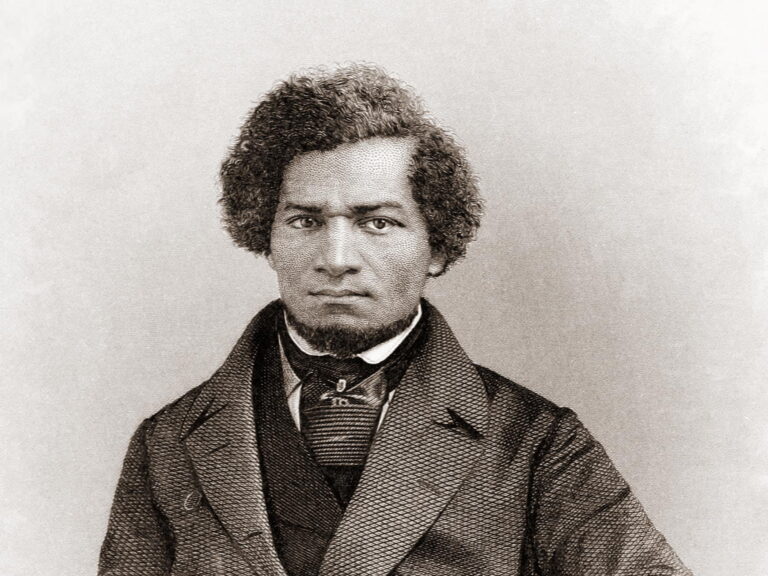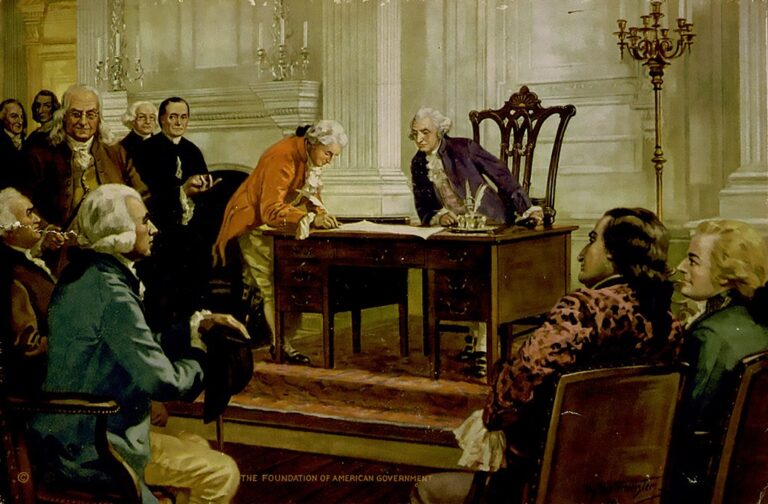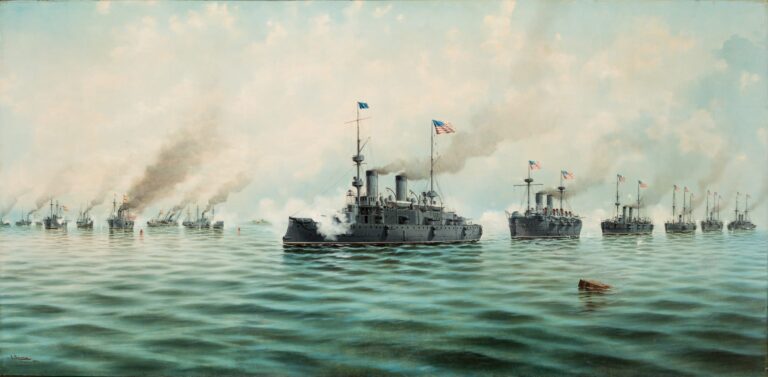What Is Required of America on the World Stage?
The modern U.S. foreign policy establishment is animated by the view that America has a responsibility to protect innocent people around the world from oppressive rulers. In his Second Inaugural Address, for example, George W. Bush captured this sentiment when he declared that America has a duty to promote “the growth of democratic movements and institutions in every nation . . . with the ultimate goal of ending tyranny in our world.”
The idea that America plays the role of global policeman in an unruly world even contributes to our self-understanding today. Indeed, we believe that part of what makes our nation exceptional is that—in contrast to other superpowers in history—we use our might on behalf of tyranny’s victims.
This public mission to spread democracy, our foreign policy elites argue, has always been rooted in a deep concern for the downtrodden. And this noble purpose is offered not only as a source of pride, but also as a rallying cry for maintaining an interventionist foreign policy, even in light of the great sacrifices and costs of The Global War on Terror and the recent failure in Afghanistan.
A question worth considering is: would our Founders advocate this view that has dominated American foreign policy for the last several decades?
In “American Foreign Policy,” Professor Anton points to the Declaration of Independence to help explain why our recent foreign interventions would be viewed as unjust according to the principles of the Founders. The Declaration asserts that all nations possess the right to a “separate and equal station.” Put differently, every nation has an equal right to independence, and because of this, other nations have a duty to respect that independence. Commenting on the Founders’ “non-interference” principle, Professor Anton says,
Each nation has a right to be left alone in its sovereignty, to seek and chart its own destiny. Other countries therefore have an obligation not to interfere. . . . So, the Founders begin from a premise of non-interference in the affairs of other nations. That is to say, they will defend themselves, they will go to war if necessary . . . but, on balance, their default position is that they don’t interfere with the internal affairs of another country unless that country poses a direct threat to them.
After all, the Founders were asserting in the Declaration that it was right for them to be independent of Great Britain, so it would be inconsistent to deny this same right of independence to other nations.
But what about those hard cases—situations where there’s overwhelming evidence of human rights abuses in another country? Should a nation’s right to sovereignty and independence shield it from outside interference?
The Founders thought it did. Emer de Vattel, the international relations theorist most influential on the Founders, provides a helpful explanation:
Nations being free and independent, though the conduct of one of them be illegal and condemnable by the laws of conscience, the others are bound to acquiesce in it, when it does not infringe upon their perfect rights. The liberty of the nation would not remain entire, if the others were to arrogate to themselves the right of inspecting and regulating her actions.
In other words, no matter how revolting the behavior of a tyrant may be in our eyes, it gives us no right to intervene, provided that our own rights have not been violated.
This background helps explain the principles behind John Quincy Adams famous assertion that America “goes not abroad, in search of monsters to destroy.” It was this view that guided and placed important limits upon American foreign policy for more than a century. And it’s a view that seems largely abandoned by today’s foreign policy elites.







